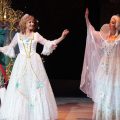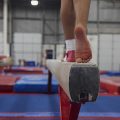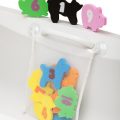The ability to count in the mind helps not onlyin a quick way to estimate how much you owe in the store. This is generally a lot of everyday moments. And more importantly, it's training for the brain. Smartness, intelligence, quick reaction - everything can be "pumped", regularly loading their gyruses. And the sooner this exciting game begins to develop into the development of the intellect, the more steep the result will be. The questions, where to begin, when to start, what to look for and what kind of beast is this - mental arithmetic, the editorial office of Woman's Day was answered by Jeanne Hegai, the founder network of children's centers "Success", representative of ALOHA Mental Arithmetic in Russia.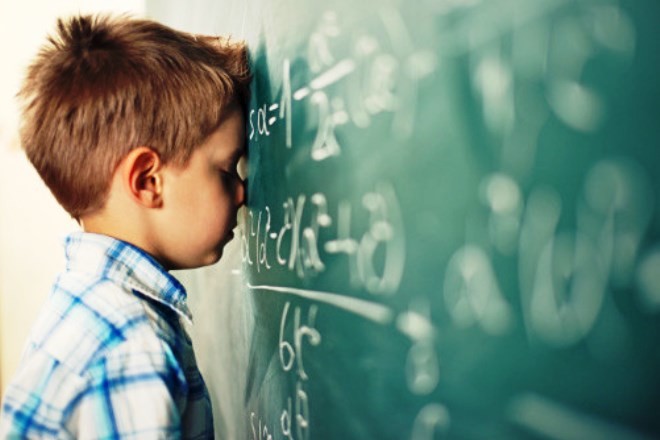
1. When to start?
According to the expert, children need to learn mental arithmeticstart teaching from three or four years. But the load should be such that it will not cause rejection. It is important to remember that children get tired quickly. If the baby was able to concentrate on counting for 4-5 minutes, this is already a good start. At such a tender age, not all children haveinterest in counting. I have encountered children who were very assiduous and were ready to sit and learn to count. But much more often children are constantly distracted. How to deal with this? And this is already the second question. Remember: at this age, any learning is first and foremost a game.
At such a tender age, not all children haveinterest in counting. I have encountered children who were very assiduous and were ready to sit and learn to count. But much more often children are constantly distracted. How to deal with this? And this is already the second question. Remember: at this age, any learning is first and foremost a game.
2. How to get interested?
The key to success is your sensitivity. You must understand what activities or toys bring positive emotions to the child. And use them. Your assistants are cubes or pictures thatcreate long-term associations and memories. Remember the old Soviet cartoon film "About a kid who could count up to 10". No matter how many years have passed, many of us still remember him. This is the advantage of positive associations in training. And not only cartoons and cubes can help you. A beautiful mathematical game is obtained from counting steps. After all, you can come up with a whole quest based on walking. It will be both interesting and fun.
Your assistants are cubes or pictures thatcreate long-term associations and memories. Remember the old Soviet cartoon film "About a kid who could count up to 10". No matter how many years have passed, many of us still remember him. This is the advantage of positive associations in training. And not only cartoons and cubes can help you. A beautiful mathematical game is obtained from counting steps. After all, you can come up with a whole quest based on walking. It will be both interesting and fun.
3. Counting on fingers: good or bad?
Of course, you need to start small. But the specialist is sure: you can’t get hung up on counting by ones. We need to teach calculations over groups of numbers.Start with mental addition and subtraction within two tens. If you count on sticks or fingers, the long-term memory mechanism is not activated. And this can harm the development of mathematical abilities.
We need to teach calculations over groups of numbers.Start with mental addition and subtraction within two tens. If you count on sticks or fingers, the long-term memory mechanism is not activated. And this can harm the development of mathematical abilities.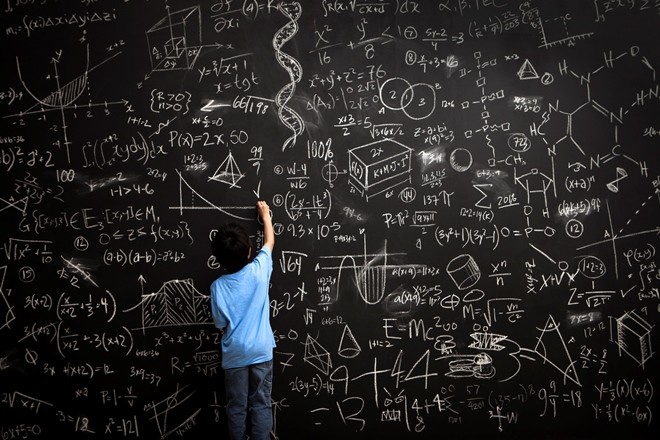 Photo: GettyImages
Photo: GettyImages
4. Do I need to learn the multiplication table by heart?
Memorization is not always good.It is much better when a child understands what is being discussed than mechanically memorizes new information. But at the initial stage of learning mathematics, memorization is only a plus. Especially when it comes to the multiplication table. Even before school, my grandmother constantly taught me the tablemultiplication. In the game - on the playground. I still have these memories. Now I try to teach children in the same spirit as my grandmother taught me: so that the lesson always takes place in an interesting place and the child always feels comfortable. By the way, the process of memorization itself can contribute to the formation of a sense of self-control and perseverance.
Even before school, my grandmother constantly taught me the tablemultiplication. In the game - on the playground. I still have these memories. Now I try to teach children in the same spirit as my grandmother taught me: so that the lesson always takes place in an interesting place and the child always feels comfortable. By the way, the process of memorization itself can contribute to the formation of a sense of self-control and perseverance.
5. What is mental arithmetic?
Not the most well-known method in our country – yet. To teach a child to count in his head, they use something like an abacus – a device called an abacus. Abacus is important because the child simply representsprocess of calculation on accounts. As the fundamentals of the method are fixed, the binding to the abacus weakens, and the children represent the abacus in the mind in the form of a graphic or drawing, mentally moving the abacus bones. Experts assure: children very quickly learn to cope even with polysemantic numbers, without grabbing for a pencil or calculator.
Abacus is important because the child simply representsprocess of calculation on accounts. As the fundamentals of the method are fixed, the binding to the abacus weakens, and the children represent the abacus in the mind in the form of a graphic or drawing, mentally moving the abacus bones. Experts assure: children very quickly learn to cope even with polysemantic numbers, without grabbing for a pencil or calculator. This is because children begin to sense numbers.Mathematics ceases to be an abstract science for them and turns into something concrete, almost tangible. The kids handle numbers with increasing confidence. The kids begin to think faster and very quickly “outgrow” their peers in mathematical terms. See also:
This is because children begin to sense numbers.Mathematics ceases to be an abstract science for them and turns into something concrete, almost tangible. The kids handle numbers with increasing confidence. The kids begin to think faster and very quickly “outgrow” their peers in mathematical terms. See also:






